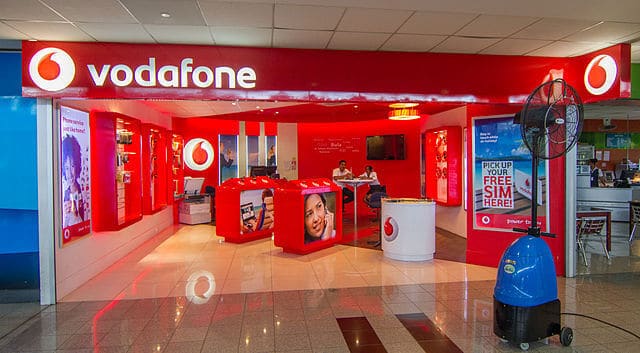Third Man Arrested in TalkTalk Hack as Second Largest UK Telecom Vodafone Hacked
Yet again, the second largest U.K. telecom company has fallen victim to hackers. Mobile giant Vodafone said on Saturday it was subject to a cyberattack that occurred Wednesday and Thursday, exposing some 1,827 Vodafone accounts.
The recent Vodafone hack follows the significant hack that plagued the largest telecom in the U.K. TalkTalk, less than two weeks ago.
Authorities said on Saturday that they have arrested a third man in relation to the TalkTalk hack. The unnamed 20-year-old was arrested under suspicion on the Computer Misuse Act in Staffordshire, London. The third arrest follows the arrest of two teenage boys, one in London and one in Northern Ireland, also in relation to the TalkTalk hack.
The telecom giant Vodafone says it has contacted all affected customers, informing them that hackers may have stolen names, mobile numbers, bank account information as well as some bank account numbers.
TalkTalk and Vodafone are just the latest victims in a long list of massive companies targeted in the recent years.
Initially, TalkTalk had said that all of its 4 million customers might have been exposed in the attack, however on Friday, the company revised the numbers, shrinking it to a smaller 1.2 million. However, more specifically, hackers who breached TalkTalk gained access to a trove of personally identifiable information including:
- Nearly 21,000 bank accounts
- Some 28,000 obscured Credit and Debit card numbers
- Less than 15,000 customers date of birth
- Names, email addresses and phone numbers of 1.2 million TalkTalk customers
In turn, information stolen in the recent Vodafone hack affects 1,827 customers:
- Customer names
- Mobile numbers
- Bank sort code
- Last 4 digits of customers bank account.
For affected customers, TalkTalk is offering free 12 months of free credit monitoring services. The company has also contacted banks with affected customers, helping them to stop any possible fraud that may occur.
Vodafone is not offering any services as “information obtained by the criminals cannot be used directly to access customers’ bank accounts.”
[Photo via Maksym Kozlenko/Wikimedia [CC BY-SA 3.0]]





